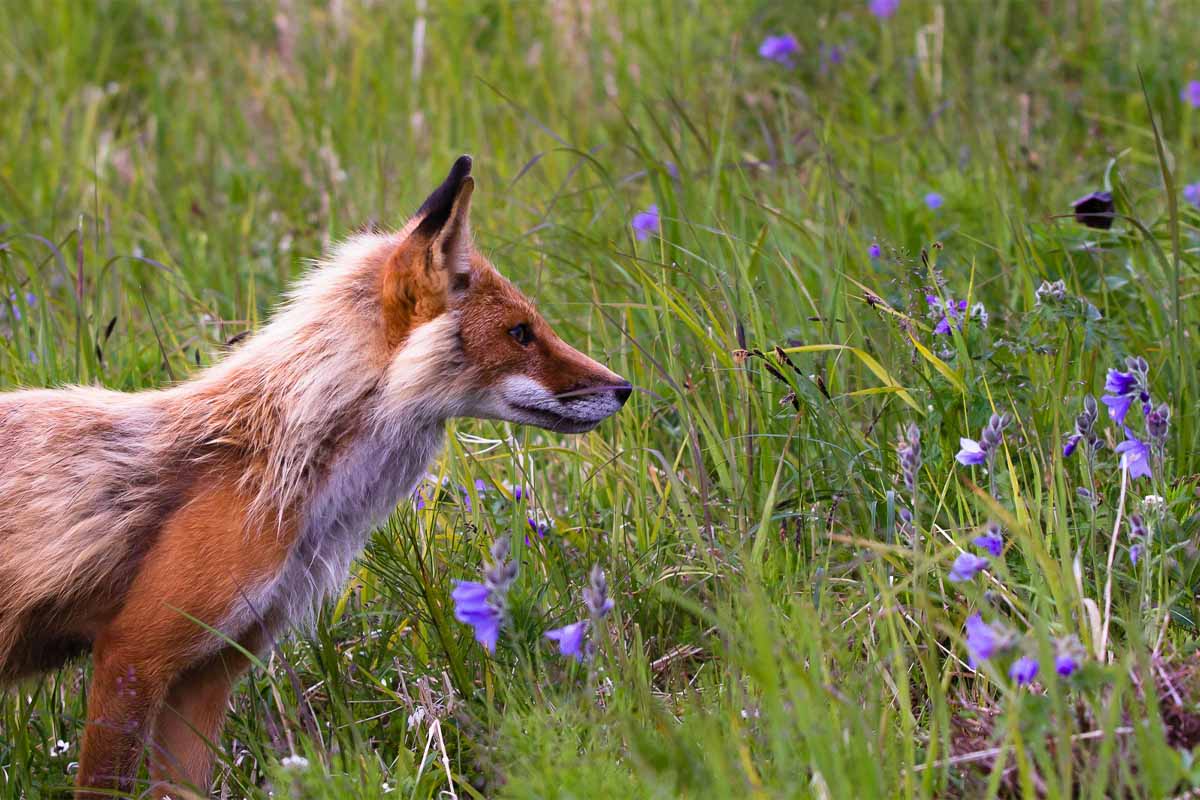HEADTURNED Articles
The Dark Reality of Fox Hunting
It is time for change

End Agricultural Animal Cruelty
Introduction
For centuries, certain practices in agriculture and hunting have wreaked havoc on animal welfare and biodiversity. Among the most heinous of these is fox hunting, an outdated tradition rooted in cruelty and exploitation. Beyond the fox, countless other animals fall victim to poorly enforced laws and loophole tactics, contributing to a catastrophic decline in nature's balance.
It is time for change. We must dismantle these systems of cruelty and replace them with ethical practices that promote animal welfare, protect habitats, and rebuild public trust. This cultural transformation requires commitment from individuals, communities, and governments. Together, we can ensure that wildlife, animals, and ecosystems thrive for generations to come.
End Agricultural Animal Cruelty
A Call to End Fox Hunting For Good
Behind the Glamour: Graphic Truths of Fox Hunting
Fox hunting, often romanticised as a traditional countryside pastime, is a brutal and inhumane practice. Despite being banned in many regions, hunts frequently exploit loopholes to continue their operations.
The process begins with the breeding of hounds specifically for the hunt. These dogs are raised in confined conditions, trained to pursue and attack foxes mercilessly. When hounds age or fail to meet performance standards, they are often slaughtered—treated as disposable commodities rather than living beings.
The hunt itself is equally appalling. Foxes are chased to exhaustion by a pack of hounds and then torn apart alive. To circumvent legal restrictions, hunters use the pretext of trail hunting, claiming they follow artificial scents. In reality, live foxes are deliberately targeted, with no intention of adherence to the law.
The Unseen Victims: Hound Slaughter
Every year, thousands of hounds are bred for hunting, and thousands are subsequently killed. Puppies deemed unfit for training are culled, while older dogs are discarded like waste. These animals are often killed by blunt force trauma or shot—methods that are both violent and avoidable. This systemic slaughter is hidden behind closed doors, shielded by outdated traditions and a lack of accountability.
End Agricultural Animal Cruelty
The Broader Scope: Other Animals at Risk
Overlooked Culling and Loopholes
Foxes are not the only victims. Many other species face extermination under the guise of pest control or habitat management. Deer, badgers, hares, and birds of prey are often culled illegally or through methods that exploit legal ambiguities. Farmers and landowners use poisons, snares, and traps—techniques that inflict prolonged suffering and kill indiscriminately.
Hunts-people frequently justify their actions by claiming to protect livestock or maintain ecological balance. However, such claims are not supported by evidence and often mask the destructive nature of these practices. By removing keystone species, they disrupt ecosystems and trigger cascading effects on biodiversity, ultimately causing more harm to a devastating effect.
Lack of Prosecution and Enforcement
Weak enforcement of animal welfare laws perpetuates this cycle of violence. Ill-equipped law enforcement agencies lack the resources and training to investigate these crimes effectively. Moreover, cultural acceptance and political inertia allow offenders to escape prosecution, reinforcing a culture of impunity.
End Agricultural Animal Cruelty
The Ripple Effect on Nature and Biodiversity
The systematic removal of wildlife has led to a catastrophic decline in biodiversity. Predators, scavengers, and other essential species are disappearing at alarming rates, disrupting food chains and natural habitats. This imbalance affects everything from soil health to pollination, threatening the long-term sustainability of agriculture and ecosystems.
The loss of biodiversity also diminishes the resilience of natural systems against climate change. Without robust ecosystems, communities face increased vulnerability to floods, droughts, and other environmental challenges.
End Agricultural Animal Cruelty
A Path Toward Positive Change
Implementing Compassionate Alternatives
To replace barbaric practices, we must adopt ethical and sustainable approaches to wildlife management and agriculture. This includes:
- Enforcing and Strengthening Laws: Governments must close loopholes in animal welfare legislation and allocate resources for robust enforcement.
- Promoting Non-Lethal Solutions: Farmers can use modern deterrents such as electric fencing, guardian animals, and habitat modifications to protect livestock without killing wildlife.
- Supporting Conservation Efforts: Establish wildlife corridors and reserves to promote coexistence between humans and animals.
Education and Awareness
Public education is key to changing attitudes and behaviors. Workshops, community events, and media campaigns can highlight the importance of biodiversity and humane practices. By fostering empathy and understanding, we can create a society that values all living beings.
Innovative Programs for Restoration
The HEADTURNED Foundation proposes the creation of Wildlife Rehabilitation Hubs where injured or displaced animals can recover and reintegrate into their habitats. These centers will also serve as educational spaces, teaching communities about the importance of conservation.
Additionally, we advocate for Habitat Restoration Projects to rebuild ecosystems damaged by hunting and culling. Planting native vegetation, restoring wetlands, and reintroducing keystone species are essential steps toward ecological balance.
End Agricultural Animal Cruelty
Restoring Public Trust
To gain public trust, transparency and accountability are crucial. Governments and organisations must document and share progress through:
- Annual Reports: Highlighting achievements in wildlife protection and biodiversity recovery.
- Community Involvement: Encouraging the public to participate in conservation efforts and report illegal activities.
- Collaborative Networks: Partnering with scientists, farmers, and conservationists to develop and implement best practices.
End Agricultural Animal Cruelty
Call To Action
The time to act is now. The HEADTURNED Foundation urges:
- Governments to strengthen animal welfare laws, close loopholes, and invest in enforcement mechanisms.
- The Public to report known farms and communities involved in illegal hunting or animal cruelty practices.
- Communities to support ethical farming, conservation initiatives, and educational programs.
Let us unite to end the barbaric exploitation of animals and restore the harmony of nature. Together, we can change the culture, ensuring a future where compassion and biodiversity thrive. Join us in this mission and make your voice heard today.
